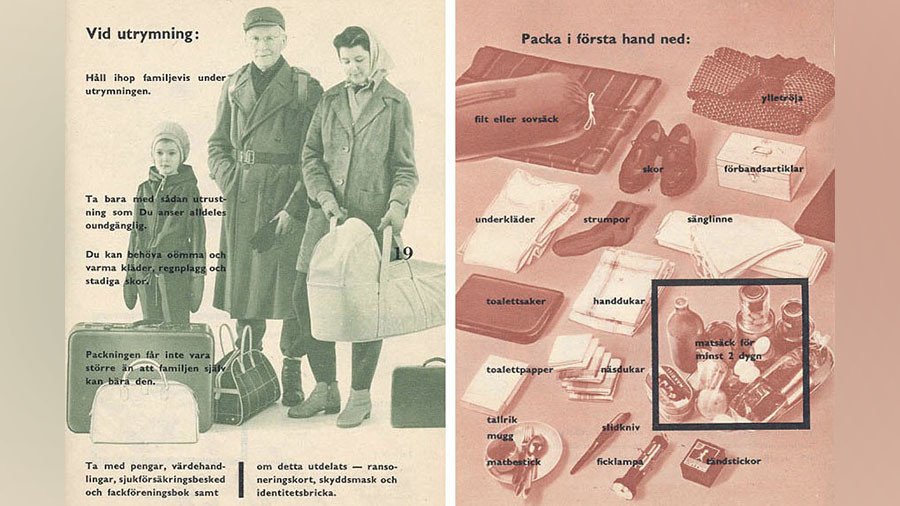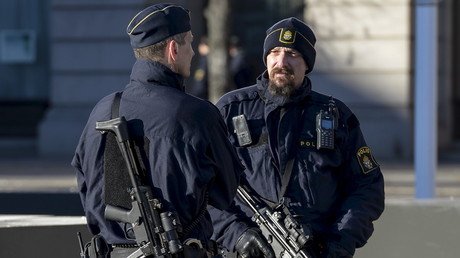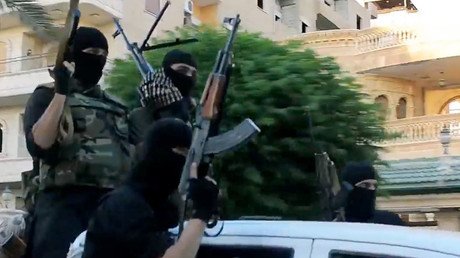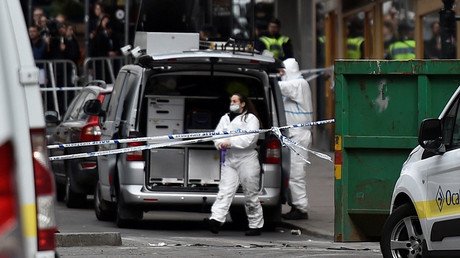Sweden to issue updated 1940s 'war guide' amid threats of terrorism & climate change

Sweden is set to release a modern version of a 1940s guide on how to cope with war, with the creators citing the threats of climate change and terrorist attacks, according to local media.
The government originally distributed the ‘Om kriget kommer’ (If War Comes) booklet to Swedes at the height of World War II in 1943, advising them what to do if the country became involved in the conflict. A subsequent version dealt with the Cold War. Another, revised in the 1980s, was used internally by the Swedish government.
It’s now being revived once again, this time dealing with modern concerns. “Back then the [booklet’s] focus was only on war. Today society looks completely different,” Christina Andersson of the Swedish Civil Contingencies Agency (MSB), which Stockholm commissioned to produce the new version, told Aftonbladet.
“There is a significantly more complex threat with climate change, terror attacks, pandemics and manipulation of information. People need to learn and know about how to deal with it.”
The new booklet is scheduled to be distributed to all Swedish households in May or June. It is part of the government’s effort to boost civil defense, according to Aftonbladet.
It comes after a December survey by the MSB found that Swedish concern about the spread of nuclear weapons has seen a surge over the past year. The poll revealed that 59 percent of respondents were concerned about nuclear proliferation, an increase of 23 percent from the previous year, The Local wrote.
Meanwhile, it was reported in November that Swedish infrastructure minister Tomas Eneroth is planning to introduce digital ‘geo-fences’ in major urban areas in 2018. The plan is aimed at preventing terrorist attacks which are committed using trucks and other large commercial vehicles.
Stockholm is also considering almost doubling the number of bunkers in the country over the course of 10 years. The move would be aimed at ensuring readiness for an attack, including nuclear, according to a report by the country’s civil protection agency.















